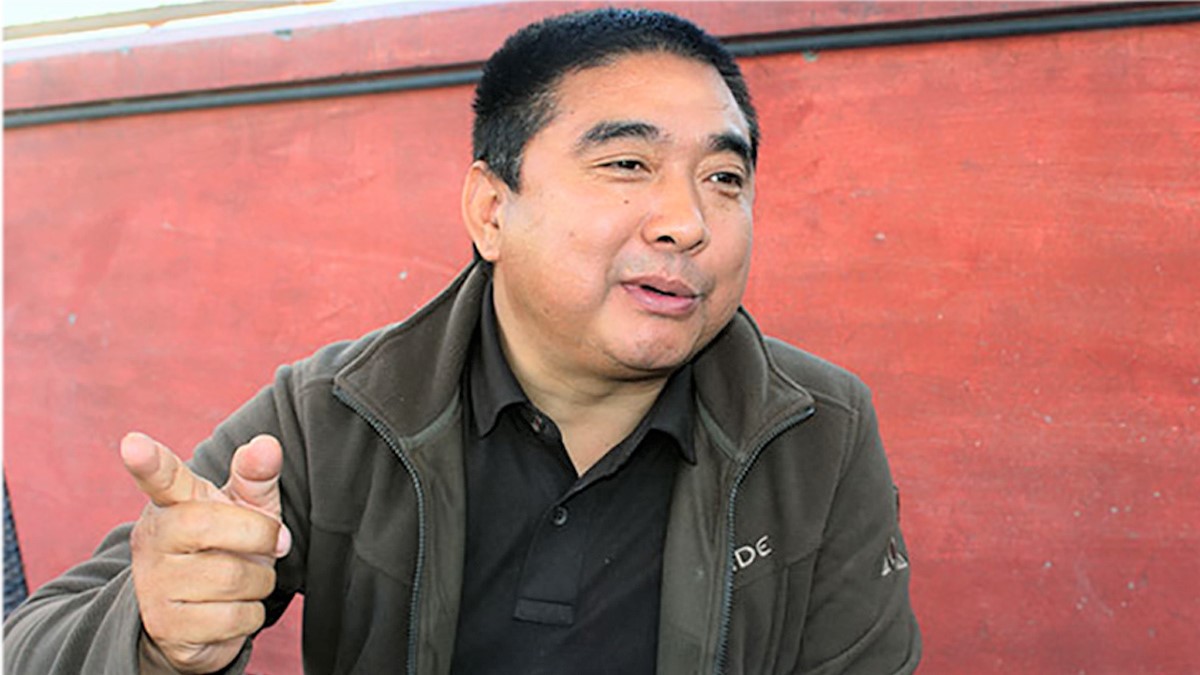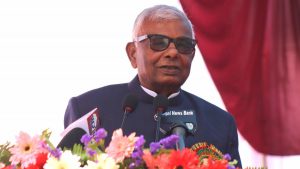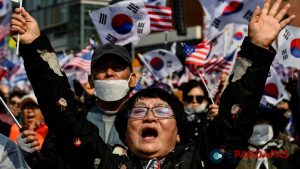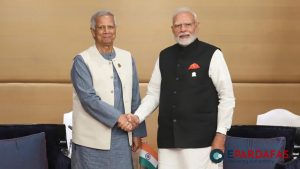
Controversial Lharkyal Lama Appointed Vice-Chairman of Lumbini Development Trust

Lharkyal Lama, known for his controversial background and a string of criminal charges, has been appointed as the vice-chairman of the Lumbini Development Trust, sparking widespread debate and concerns.
Lama, who has faced multiple arrests on charges including possession of passports from three different countries, illegal weapons, human trafficking, and fraud, has been appointed to a key position in the Lumbini Development Trust by the government’s cabinet decision on August 1st.
Despite his history of criminal allegations, Lama’s appointment was made based on the proposal put forth by Sudan Kiranti, the Minister for Culture, Tourism, and Civil Aviation. This appointment was made by the cabinet as all the allegations brought against him were subsequently cleared by both the Supreme Court and the investigation bureau in the past.
Lama, who is a central committee member of the CPN (Maoist Centre), received the appointment letter on Sunday.
Lama, a former CPN-UML member, served as the state minister for finance in the Jhala Nath Khanal-led government in 2011. He became a lawmaker through proportional representation after the initial Constituent Assembly election. Lama resigned on April 21, 2011, only 11 days after taking office, due to controversy surrounding his possession of a Nepali citizenship certificate, an Indian passport, and a Tibetan refugee identity card.
The former minister had reportedly held passports and citizenships under four different names, including Lharkyal Lama, Larkel Sherpa, Wangchuwk Rimpoche, and Chhimpo Chime Tshering. In addition to these identities, he was also in possession of a Tibetan identity card from both Nepal and India, raising further questions about his legal status and credentials.
Following his resignation, he left the UML and later joined the Maoist party, becoming a lawmaker in February 2015. Additionally, Lama was appointed as the chairman of the Monastery Management and Development Committee (now known as the Buddhist Philosophy Promotion and Monastery Development Committee) by the Nepali Congress during 2001-02.
- PM Oli Hails Thailand Visit and BIMSTEC Summit Participation as Fruitful and Impactful
- PM Oli Vows to Deepen Nepal-India Relations Following Productive Talks with Indian Counterpart
- Kathmandu Chokes on Toxic Air as Health Concerns Mount
- Myanmar Earthquake Death Toll Surpasses 3,300, UN Calls for Global Support












Comments